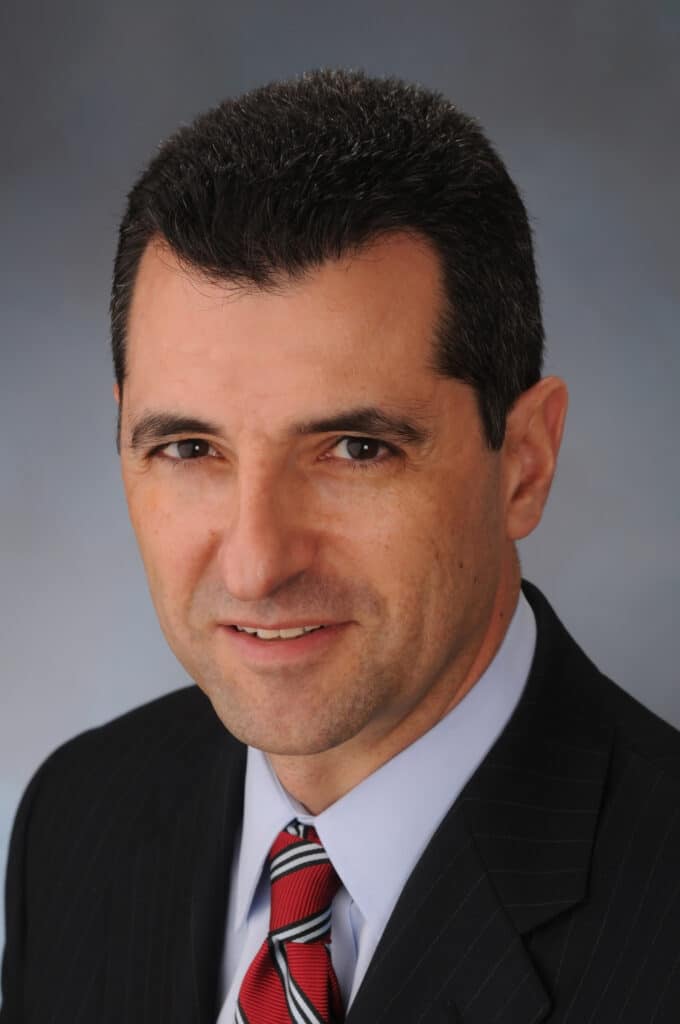Joseph (Joe) Saluzzi is partner, co-founder and co-head of equity trading of Themis Trading.

What trends are getting underway that people may not know about but will be important?
There has been a significant shift in US equity market volume this year from on-exchange trading to off-exchange trading. In recent years, trading on-exchanges accounted for approximately 55% of volume. This year, that number has consistently been below 50%. In other words, more volume is now trading off-exchange than on-exchange. We believe this shift has been the result of two factors: 1) increased segmentation of ATS orders primarily due to the use of private rooms and trajectory crosses and 2) increased volume in sub-dollar stocks. Investors need to be aware of this shift in market venues as it increases the amount of inaccessible liquidity and could harm the price discovery process.
What surprised you in 2024?
We were surprised by the number of potential new stock exchanges. This year, the 24X National Exchange had its application approved by the SEC and the Green Impact Exchange filed an exchange application. Additionally, there are two more exchanges which might soon seek approval, the Texas Stock Exchange and the Dream Exchange. If all these exchanges receive approval, then the US would be the home to 20 stock exchanges. The US stock market is already extremely fragmented with liquidity being scattered across dozens of on and off-exchange venues. Before adding any new exchanges, regulators should be thinking about consolidating some of the exchanges with de minimis market share to help aggregate liquidity.
What are your expectations for 2025?
We expect that many of the SEC’s pending proposals will not make it to a vote and end up getting withdrawn. We also expect that the Supreme Court’s decision in the Loper Bright case which ended the “Chevron deference” will open the door to more lawsuits brought by market makers, stock exchanges and trade groups against the SEC. One of their main litigation targets has been the Consolidated Audit Trail and we expect that this critical regulatory surveillance tool will continue to be challenged by the industry and their Washington DC friends.




